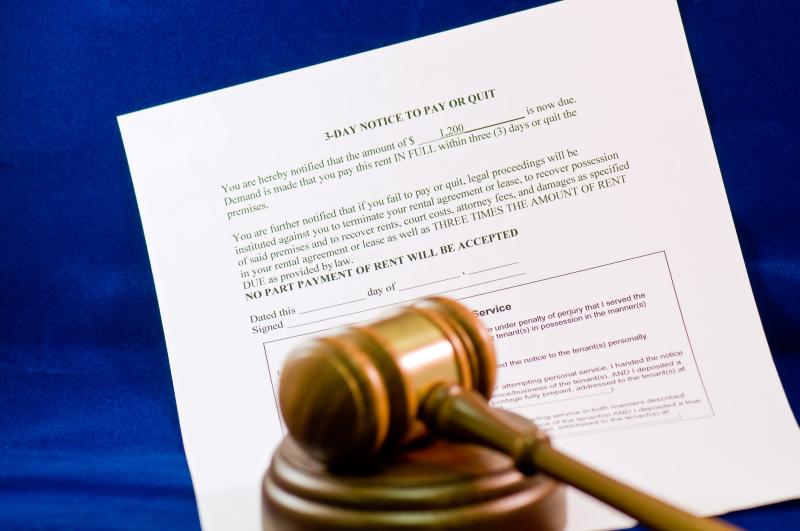Eviction information from Sheriff
Notice
Are you inquiring about information on tenant/landlord disputes?
Read the Colorado Revised Statutes 2024, Title 38, Article 12 (beginning on Page 80) or contact an attorney.
Eviction requirements
Evictions are the end result of a landlord-tenant dispute.
The State Statutes are very specific on the steps that need to be taken to evict a tenant.
Writ of Restitutions/Evictions are the second-highest priority of the Civil Unit.
These court orders are time-sensitive and must be scheduled in advance of their execution.
Eviction process
The eviction process involves 4 basic steps
- Notice to Vacate or Demand for Compliance or Possession
- Summons in Forcible Entry and Unlawful Detainer (FED)
- Court hearing
- Writ of Restitution, service, and execution.
Mobile home evictions
Call 970-244-3521 for special instructions.
Resources
This form is to be filled out and included with every Writ of Restitution
Evictions and Writs of Restitution Form (2024)
Eviction process information
Eviction Process Pamphlet (2024)
Eviction fees
Frequently asked questions
How can I get people out of my home?
- The eviction process can be initiated by posting or serving the tenant(s):
- Notice to Vacate
- Notice to Quit
- For time constraints, see State Statute 13-40-107.
- Follow the remaining steps of eviction if the tenant(s) do not vacate.
What are my rights as a landlord?
To learn about Landlord/Tenant Rights, Read the Colorado Revised Statutes 2024, Title 38, Article 12 (beginning on Page 80), or call an attorney.
What are my rights as a tenant?
To learn about Landlord/Tenant Rights, Read the Colorado Revised Statutes 2024, Title 38, Article 12 (beginning on Page 80), or call an attorney.

